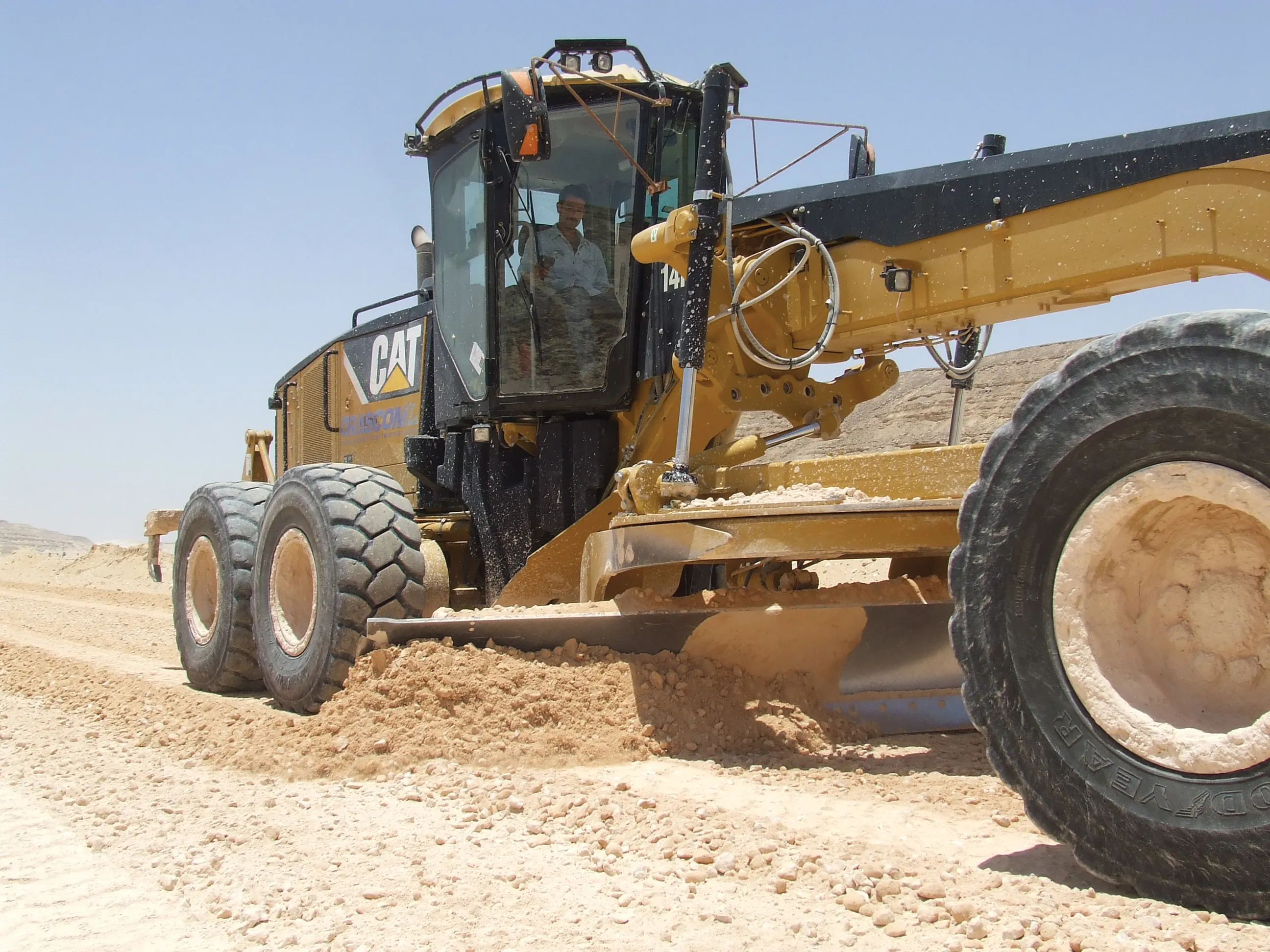The US-based Association of Equipment Manufacturers (AEM) is calling on the US authorities to take positive action that will help boost trade with Russia. With Russia joining the World Trade Organisation (WTO) in the coming months, the AEM is calling on the US authorities to grant Russia Permanent Normal Trade Relations (PNTR).
March 19, 2012
Read time: 2 mins
The US-based 1100 Association of Equipment Manufacturers (AEM) is calling on the US authorities to take positive action that will help boost trade with Russia.
With Russia joining the4048 World Trade Organisation (WTO) in the coming months, the AEM is calling on the US authorities to grant Russia Permanent Normal Trade Relations (PNTR). This will allow US businesses to benefit from Russia's agreement to lower overall tariff rates, improve intellectual property enforcement and reduce barriers to trade. Unless this move is made, the AEM says that US equipment manufacturers will be at an economic disadvantage in the Russian market.
With critical transportation infrastructure in need of modernisation, Russia is a key market for construction equipment and unless the change is made, US firms will be at a disadvantage against their competitors in other nations. The AEM is encouraging the US authorities to recognise the economic necessity of Russia being given PNTR status. When Russia enters the WTO, all member states will economically benefit by having most-favoured-nation (MFN) status with Russia, except for the US. This is due to an amendment drafted in 1974, when relations between east and west were not as they are now.
With Russia joining the
With critical transportation infrastructure in need of modernisation, Russia is a key market for construction equipment and unless the change is made, US firms will be at a disadvantage against their competitors in other nations. The AEM is encouraging the US authorities to recognise the economic necessity of Russia being given PNTR status. When Russia enters the WTO, all member states will economically benefit by having most-favoured-nation (MFN) status with Russia, except for the US. This is due to an amendment drafted in 1974, when relations between east and west were not as they are now.









